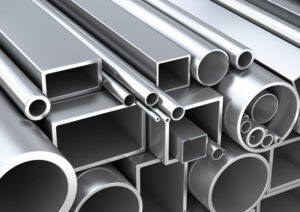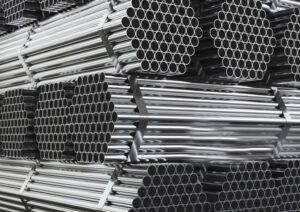Customized Pipes
Customized pipes refer to pipes that are specifically designed, manufactured, and tailored to meet specific requirements and applications of a particular project or industry. These pipes are not standard off-the-shelf products but are made to order based on the unique specifications provided by the customer.
Here are some key aspects of customized pipes:
- Tailored Specifications: Customized pipes are made to precise specifications provided by the customer. This includes specifications such as dimensions (outer diameter, inner diameter, length), material type (steel, stainless steel, aluminum, etc.), wall thickness, and any other specific requirements related to the pipe’s function or environment.
- Application-specific Design: The design of customized pipes is often tailored to suit the specific application or industry they will be used in. For example, pipes used in oil and gas industries may require different materials and coatings compared to pipes used in water supply or industrial processes.
- Fabrication Process: The fabrication of customized pipes involves various manufacturing processes, such as cutting, bending, welding, and finishing. Advanced techniques like laser cutting or CNC (Computer Numerical Control) machining may be employed to achieve precise dimensions and shapes.
- Industry Applications: Customized pipes find applications in various industries, including oil and gas, petrochemical, construction, aerospace, automotive, manufacturing, and many others. They are used for transporting fluids, gases, and other materials as well as for structural support and engineering purposes.
- Quantity and Lead Time: Customized pipes can be ordered in different quantities, from small batches for specific projects to large-scale production runs. The lead time for fabrication may vary depending on the complexity of the design, the material availability, and the production capacity of the manufacturer.
- Compliance and Certification: Depending on the industry and application, customized pipes may need to meet specific standards, regulations, or certifications to ensure their quality and safety. Manufacturers may need to comply with relevant industry standards and conduct testing to certify the pipes’ performance.
Customized pipes offer several advantages, including optimized performance, better integration with existing systems, and cost-effectiveness by reducing material wastage. However, due to the custom nature of these pipes, they may be more expensive and have longer lead times compared to standard, mass-produced pipes.

